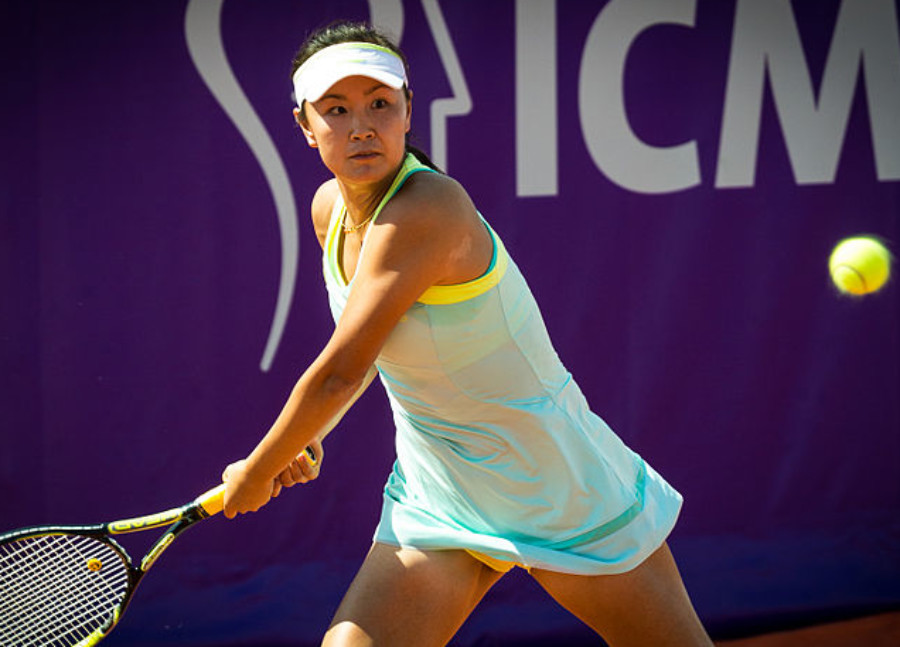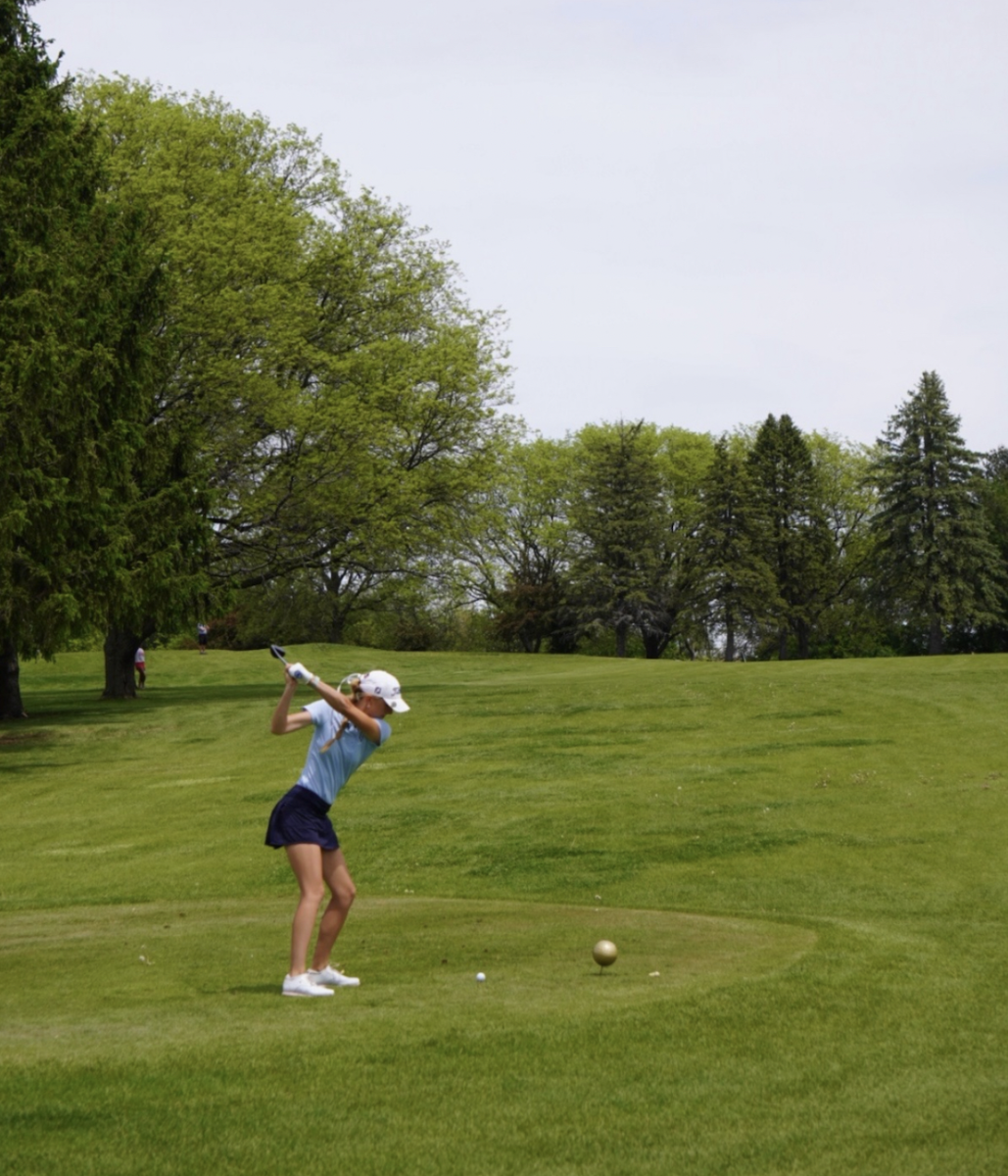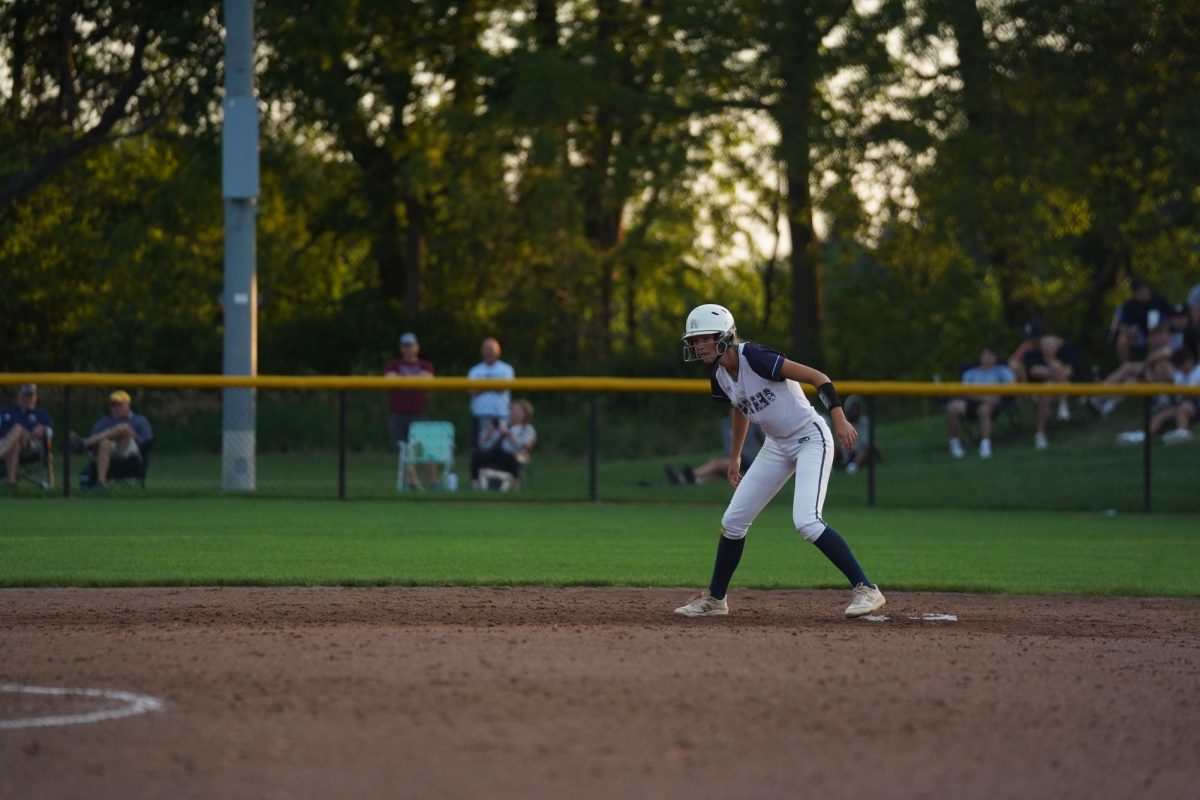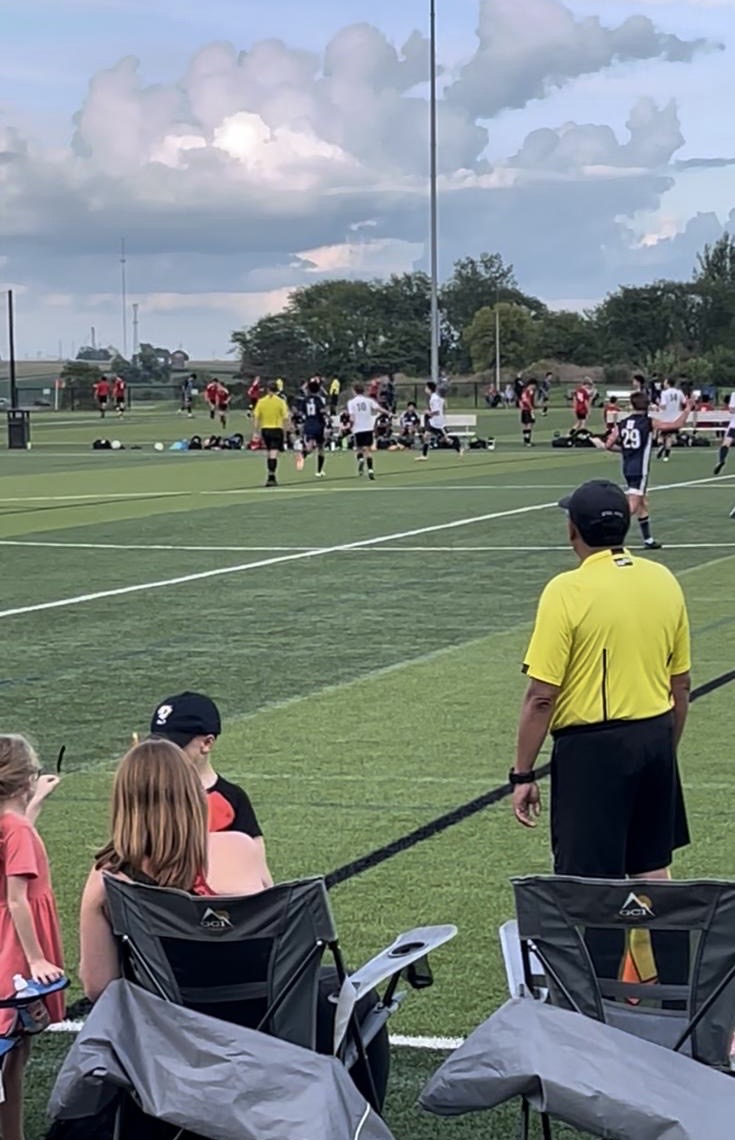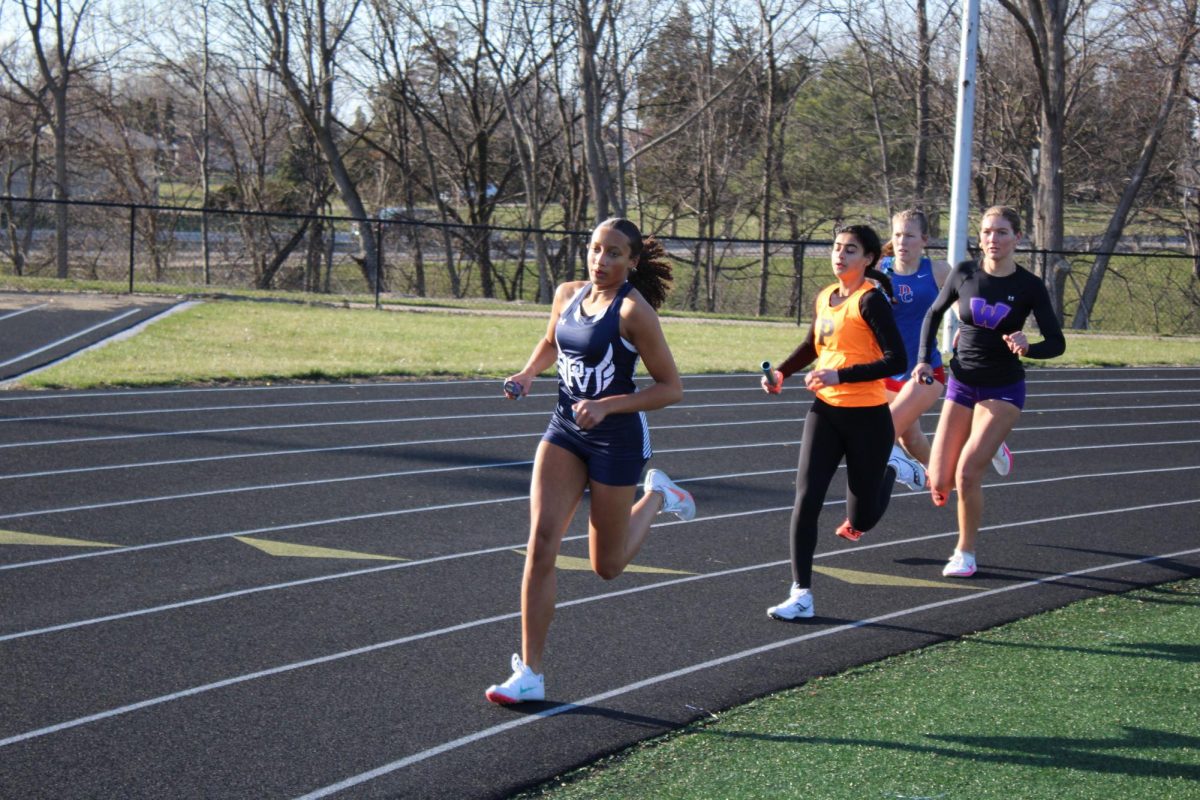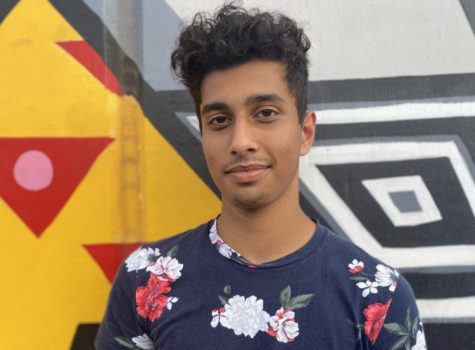China tried to make one of its most famous athletes disappear. Unfortunately for them, the world took notice.
Tennis player Peng Shuai, the former world number one in Women’s Doubles and Wimbledon Champion, was wiped from the Chinese Internet after posting a scathing account of her sexual assualt by Zhang Gaoli, a former top official of the Chinese Communist Party (CCP). Not 30 minutes after her post went live on Weibo—a Chinese social media website similar to Twitter—it was deleted.
This drew outrage from global tennis stars like Novak Djokovic, Rafa Nadal, Serena Williams and Naomi Osaka who spread the hashtag #WhereIsPengShuai far and wide. Notably absent from condemning the disappearance of the 35 year-old tennis star was Roger Federer, whose lucrative deal with Uniqlo generates billions of dollars from Chinese customers for the clothing giant.
The Women’s Tennis Association (WTA) is the main governing body for women’s professional tennis, and they have taken a firm stance on Shuai’s disappearance. Across multiple CNN interviews, WTA Chief, Steve Simon, criticized the CCP’s treatment of Shuai and threatened to halt operations in China if the WTA remained unable to freely contact her.
Simon was serious about his message, and on Dec. 3, the WTA suspended all tournaments in China.
Tennis is a rapidly growing sport in China—largely thanks to Shuai’s brilliant career appealing to Chinese fans. Suspending all Chinese tournaments is no small decision as it will lead to hundreds of millions of dollars in losses. This includes the crown jewel of the WTA tour: the WTA Finals. The year-end WTA Finals is the most important tournament of the year after the four Grand Slam tournaments. In 2019, a 10-year agreement was reached to host the tournament in Shenzhen, a major city in China. However, Simon’s bold decision has abruptly plunged the Finals and other Chinese tournaments into jeopardy.
The CCP’s attempts to diffuse the Peng Shuai situation began shortly after global outcry began. First, there was an email supposedly written by Shuai to Simon, but it drew suspicion when it was published to Twitter by a Chinese state-affiliated media outlet. The email’s content had a strange, unnatural tone and contradicted nearly everything said in Shuai’s original Weibo post.
Later, the International Olympic Committee (IOC) held a video chat with Shuai, but this step also did not erase much suspicion. The IOC refuses to publish any of the audio or video footage of the call. On Dec. 8, the US House of Representatives went so far as to unanimously pass a measure formally condemning the IOC for legitimizing the CCP’s claims that Shuai is safe.
The IOC’s communication with the CCP may be no coincidence. It is worth noting that the 2022 Beijing Winter Olympics are rapidly approaching, and the IOC may have been tapped to help the CCP save face. In fact, according to a CNN article, Zhang Gaoli, the former vice premier of the CCP and Shuai’s alleged sexual assaulter, used to be the head of the group organizing the Beijing games.
But despite the CCP and IOC’s efforts, Simon remains committed to Shuai’s safety and has not shown any self-doubt about his decision to suspend Chinese tournaments, as supported by a written statement put out on Dec. 3. “In good conscience, I don’t see how I can ask our athletes to compete [in China] when Peng Shuai is not allowed to communicate freely and has seemingly been pressured to contradict her allegation of sexual assault, ” Simon wrote.
Even the White House has gotten involved in Shuai’s disappearance. A Nov. 19 statement from Jen Psaki, the White House Press Secretary reads, “We are deeply concerned by reports that Peng Shuai appears to be missing after accusing a former PRC (Peoples Republic of China) senior official of sexual assaults. We join in the calls for PRC authorities to provide independent and verifiable proof of her whereabouts and that she is safe.”
However, the White House has criticized China about more than just Shuai’s treatment. On Dec. 6, President Biden announced a diplomatic boycott of the US. In the following days, global leaders like Canada, the United Kingdom and Australia followed suit. This boycott simply means the US will not send any government officials to the Beijing game, but athletes and corporate sponsors can operate with no restrictions.
This boycott is designed to call out China’s human-rights violations such as the genocide against the Uyghur people in Xinjiang and the efforts to suppress democracy in Hong Kong.
Senior JT Muszalski is a multi-sport athlete at PV, who plays Varsity basketball, JV tennis and JV golf. “I think the Olympics are a pretty good way to send a message, and China will lose money as a result of these actions,” he said. “It is important for countries like the United States and Canada to be leaders when it comes to rights issues and boycotting the Olympics is a good start to addressing the atrocities that are occurring in China.”
While some Republican lawmakers like Sen. Marco Rubio encourage the Biden Administration to go further with their anti-China stance, others believe it will have little effect. The last full American boycott of the Olympic Games was during the height of the Cold War. In the 1980 Moscow Olympics, no American athletes were allowed to compete, allowing the Soviet Union to sweep many gold medals and spoil what would have been the only opportunity for some American athletes to become Olympians.
As of now, China will seemingly proceed business as usual. Despite international pressure, the CCP wants to control everything around them. It remains to be seen the lengths that the CCP will go to avoid the global scrutiny they have faced and Washington, D.C.’s growing anti-China sentiment. One can only hope the Peng Shuai situation does not become an unnecessary casualty amidst China’s constant struggle to convince the world that they are a just nation.


